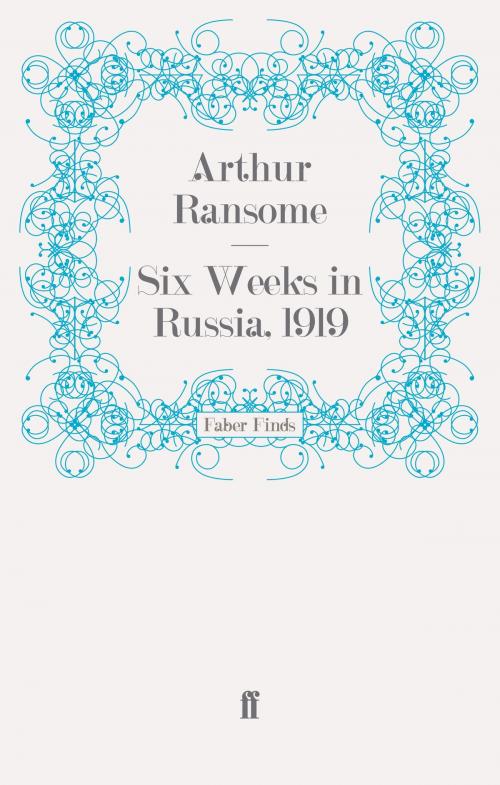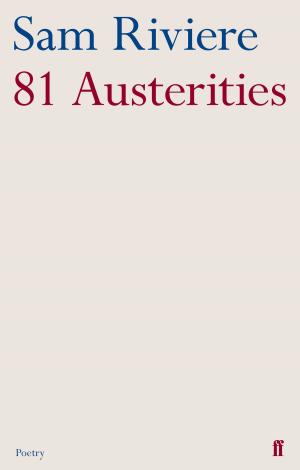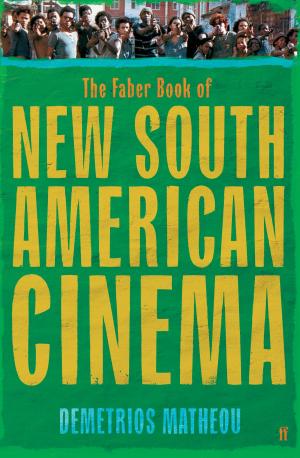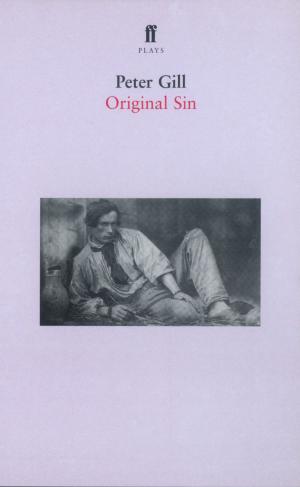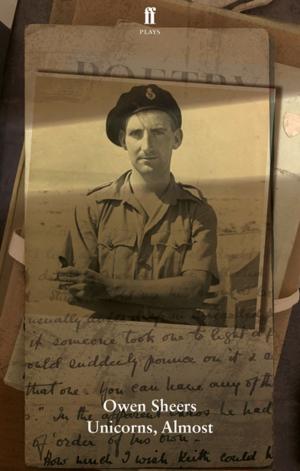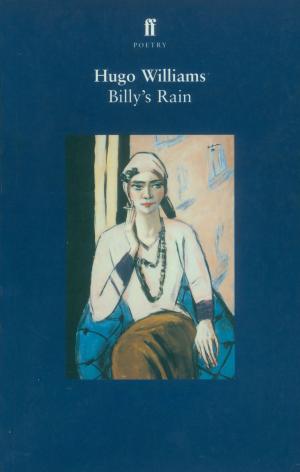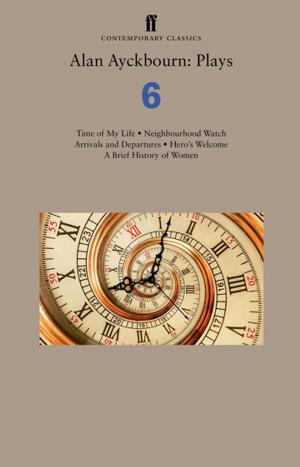| Author: | Arthur Ransome | ISBN: | 9780571287611 |
| Publisher: | Faber & Faber | Publication: | February 2, 2012 |
| Imprint: | Faber & Faber | Language: | English |
| Author: | Arthur Ransome |
| ISBN: | 9780571287611 |
| Publisher: | Faber & Faber |
| Publication: | February 2, 2012 |
| Imprint: | Faber & Faber |
| Language: | English |
But for Swallows and Amazons, some of Arthur Ransome's earlier writings would be better known. The extraordinary success Ransome achieved as a children's writer, from the 1930's until his death in 1967, perhaps inevitably eclipsed his earlier work, but in the case of his two books and pamphlet on the Russian revolutions of 1917 and the tumultuous events that followed that is a great loss: it can be said unequivocally that these writings are on a par, perhaps even exceeding, such classics as John Reed's Ten Days that Shook the World.
Arthur Ransome knew Russia. He lived there from 1914 to 1918 almost all the time. He taught himself Russian and became a foreign correspondent for the liberal Daily News and Manchester Guardian. More than that, he came to know many of the Bolshevik leaders like Lenin, Trotsky and Checherin almost as personal friends, and, indeed, married Trotsky's secretary, Evgenia Petrovna Shelepina.
Arthur Ransome as a commentator on the Russian scene at the most convulsive moment in its history is unique. Unlike famous visitors like H. G. Wells (though his marvellous book, Russia in the Shadows shouldn't be overlooked) and Bertrand Russell, his was no brief journalistic inspection: and unlike other reporters such as John Reed, Victor Serge and Alfred Rosmer there was no tendentiousness in what he wrote - they were convinced revolutionaries, Ransome, although not unsympathetic to the Bolshevik cause, was a more objective recorder.
Six Weeks in Russia, The Crisis in Russia and the pamphlet, The Truth about Russia constitute the best contemporary writing about Russia at the time of the Bolshevik takeover. They were reissued in the early 1990s, with an introduction by Paul Foot which has been retained for the Faber Finds reissue of Six Weeks in Russia; otherwise they have been out of print since first published
But for Swallows and Amazons, some of Arthur Ransome's earlier writings would be better known. The extraordinary success Ransome achieved as a children's writer, from the 1930's until his death in 1967, perhaps inevitably eclipsed his earlier work, but in the case of his two books and pamphlet on the Russian revolutions of 1917 and the tumultuous events that followed that is a great loss: it can be said unequivocally that these writings are on a par, perhaps even exceeding, such classics as John Reed's Ten Days that Shook the World.
Arthur Ransome knew Russia. He lived there from 1914 to 1918 almost all the time. He taught himself Russian and became a foreign correspondent for the liberal Daily News and Manchester Guardian. More than that, he came to know many of the Bolshevik leaders like Lenin, Trotsky and Checherin almost as personal friends, and, indeed, married Trotsky's secretary, Evgenia Petrovna Shelepina.
Arthur Ransome as a commentator on the Russian scene at the most convulsive moment in its history is unique. Unlike famous visitors like H. G. Wells (though his marvellous book, Russia in the Shadows shouldn't be overlooked) and Bertrand Russell, his was no brief journalistic inspection: and unlike other reporters such as John Reed, Victor Serge and Alfred Rosmer there was no tendentiousness in what he wrote - they were convinced revolutionaries, Ransome, although not unsympathetic to the Bolshevik cause, was a more objective recorder.
Six Weeks in Russia, The Crisis in Russia and the pamphlet, The Truth about Russia constitute the best contemporary writing about Russia at the time of the Bolshevik takeover. They were reissued in the early 1990s, with an introduction by Paul Foot which has been retained for the Faber Finds reissue of Six Weeks in Russia; otherwise they have been out of print since first published
